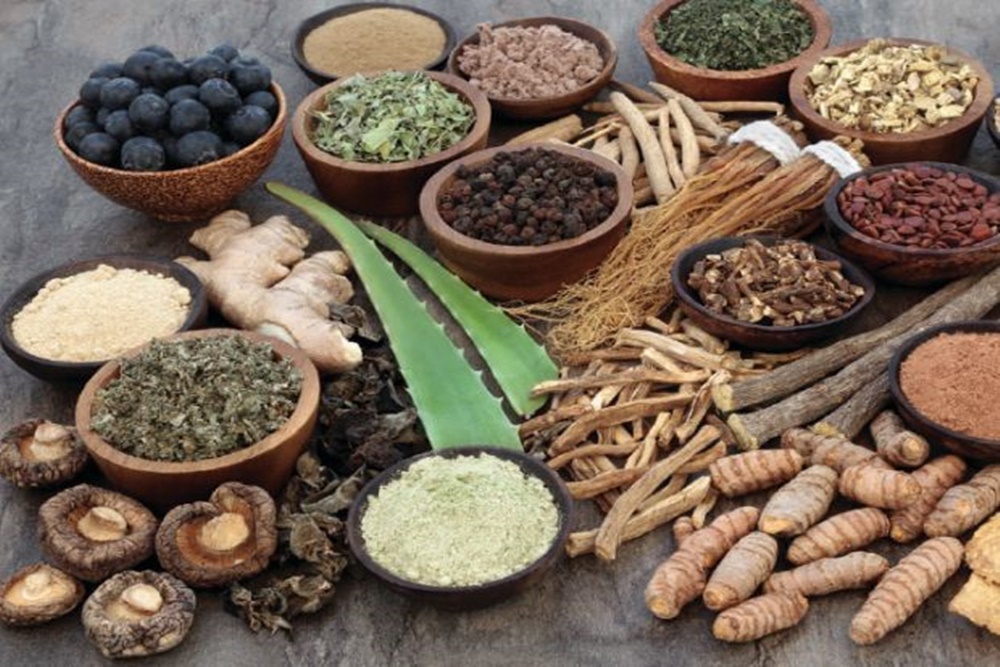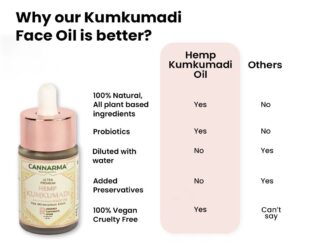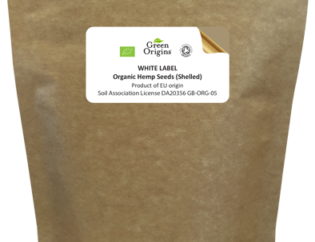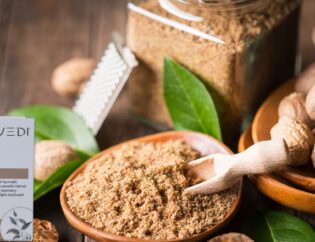
Hemp has been used in Ayurvedic medicine for centuries, and its popularity has only increased in recent times. Ayurvedic classical medicine is known for its holistic approach to healing, and hemp-based products have been used to address a wide range of health issues.
The future of hemp in Ayurvedic classical medicine is bright, with many opportunities for growth and innovation. However, there are also challenges that need to be addressed to ensure that the benefits of hemp are fully realized.
One of the biggest opportunities for hemp in Ayurvedic medicine is in the treatment of pain and inflammation. Hemp is known to have anti-inflammatory and analgesic properties, making it a natural choice for treating conditions such as arthritis and chronic pain.
Another area where hemp is expected to play a significant role is in the treatment of anxiety and depression. Hemp-based products have been shown to have a calming effect on the nervous system, and studies have suggested that they may be effective in treating anxiety and depression.
However, there are also challenges to be addressed in the use of hemp in Ayurvedic medicine. One of the biggest challenges is the lack of regulation and standardization in the industry. This can lead to inconsistent quality and potency of hemp-based products, making it difficult for consumers to choose the right products for their needs.
Another challenge is the stigma associated with hemp and its close relation to marijuana. While hemp is not psychoactive like marijuana, it is still often viewed with suspicion and confusion. This can make it difficult to educate the public about the benefits of hemp and to build trust in the industry.
Despite these challenges, there are many reasons to be optimistic about the future of hemp in Ayurvedic classical medicine. With a growing interest in natural and holistic health, and a greater awareness of the benefits of hemp-based products, there is a strong demand for high-quality hemp products in the market.
To fully realize the potential of hemp in Ayurvedic medicine, it is important to address the challenges and build a robust and reliable industry. This can be achieved through greater regulation and standardization, as well as education and awareness campaigns to build trust and understanding among consumers.
In conclusion, the future of hemp in Ayurvedic classical medicine is bright, with many opportunities for growth and innovation. While there are challenges to be addressed, the potential benefits of hemp-based products are too great to ignore. By working together, the industry can build a strong and reliable market for high-quality hemp products that can help improve the health and wellbeing of people around the world.











